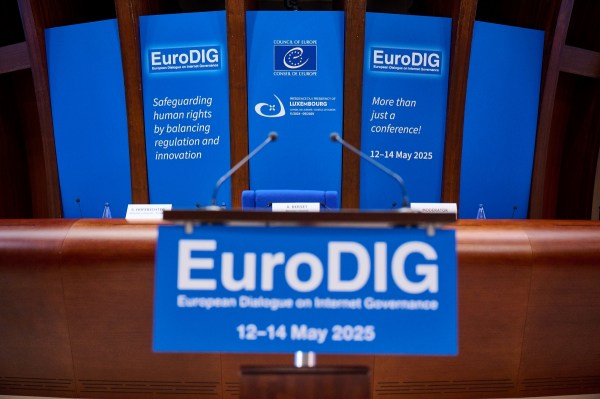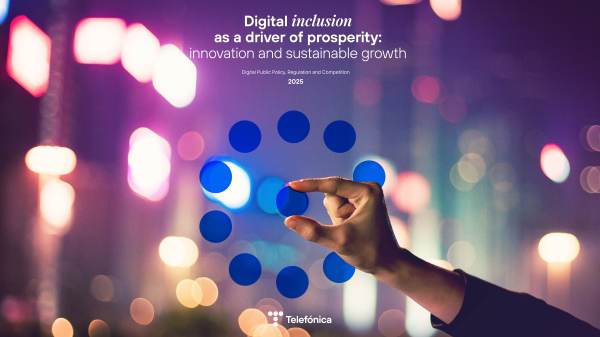This October 1st is the International Day of Older Persons, with the aim of resolving numerous challenges related to ageism or the fact that in crises such as the AIDS pandemic, poverty or climate emergencies, older persons are among the first victims.
Through resolution 45/106 of December 1990, the UN designated the first of October as the International Day of Older Persons, although it is true that within the framework of the United Nations there had also been other previous initiatives such as the Vienna International Plan of Action on Ageing in 1982.
The international community’s work on intergenerational solidarity has shown that intergenerational solutions – guided by the human rights principles of participation, responsibility, non-discrimination and equality, empowerment and legality – can contribute to revitalising the legacy, relevance and activism of the Universal Declaration of Human Rights, which in 2024 will be 76 years old.
As António Guterres, Secretary-General of the United Nations, reminds us, “older persons are invaluable sources of knowledge and experience and have much to contribute to peace, sustainable development and the protection of our planet”.
The Portuguese leader stresses that “we must promote lifelong learning, quality health care and digital inclusion” and “foster dialogue and unity between generations”.
“Together, let us build more inclusive and age-friendly societies and a more resilient world for all,” concludes Guterres in his message for this International Day of Older Persons.
A planet with increasingly older inhabitants
According to data from the UN itself, we are moving towards an increasingly ageing world for various reasons. Some very significant facts about this unstoppable reality are that:
- The number of people aged 65 and over worldwide is expected to double from 761 million in 2021 to 1.6 billion in 2050. In addition, the number of people aged 80 and over is growing even faster.
- Globally, babies born in 2022 are expected to live an average of 71.7 years, a quarter of a century longer than those born in 1950.
- Women tend to live longer than men and thus represent the majority of the older population. In 1950, women could live almost four years longer than men worldwide, while seven decades later, the difference between the two had increased to more than five years.
- Finally, the number of working-age people aged 55-64 is projected to increase from 723 million in 2021 to 1075 million in 2050, and to 1218 million at the beginning of the 22nd century.
Older people: technology and digitalisation
A very clear example of how technology and digitalisation helped the elderly in the hard times of the pandemic is that the percentage of daily internet users in Spain in the 65-74 age group increased by 7.4 points in 2020, to 50.7%, while daily users aged 75 and over became 17.1% of the total, 5.2 points more than in 2019, according to data from the Fundación Telefónica’s Digital Society in Spain 2020-21 Study.
Particularly relevant in areas such as health or security, the advance of technology and digitalisation helps older people in their daily lives thanks to smart bracelets or pill dispensers, lights that are activated by movement or the famous emergency buttons.
Telefónica and seniors
In order not to lose a common past and advocating a shared future, Telefónica has an Association for the Elderly Group, founded in 1994, which is made up of almost 20,000 people of a wide range of ages, mainly retired and pre-retired, but also including active people.
The aims of the Association are grouped into three main areas: volunteering and social action, active ageing and relations with other entities in the world of the elderly.
The Association faces the mentioned objectives with mutual support and contribution to the social benefit and with the commitment to help in the difficulties, especially with regard to disability and dependence, sharing the enjoyment and developing programmes and activities in different fields such as health, culture or leisure.
If you are interested in the activities of the Asociación Grupo de Mayores de Telefónica, don’t miss their magazine, Al Habla.








